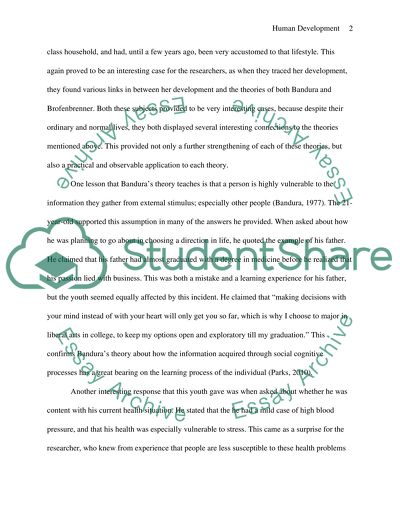Cite this document
(“Human Development Research Paper Example | Topics and Well Written Essays - 1250 words”, n.d.)
Retrieved from https://studentshare.org/psychology/1424145-human-development
Retrieved from https://studentshare.org/psychology/1424145-human-development
(Human Development Research Paper Example | Topics and Well Written Essays - 1250 Words)
https://studentshare.org/psychology/1424145-human-development.
https://studentshare.org/psychology/1424145-human-development.
“Human Development Research Paper Example | Topics and Well Written Essays - 1250 Words”, n.d. https://studentshare.org/psychology/1424145-human-development.


